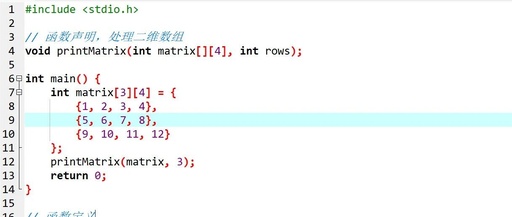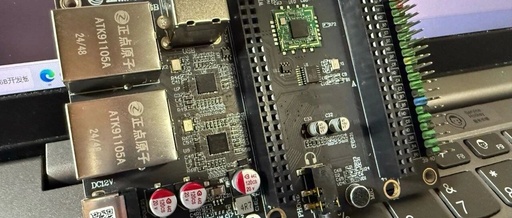Understanding C Language Two-Dimensional Arrays: A Comprehensive Analysis from Definition to Practical Application
Understanding C Language Two-Dimensional Arrays: A Comprehensive Analysis from Definition to Practical Application In the world of C programming, data structures are the foundation for building software applications. In addition to the common one-dimensional arrays, two-dimensional arrays serve as a powerful data organization form, playing a crucial role in handling complex data such as matrices … Read more









